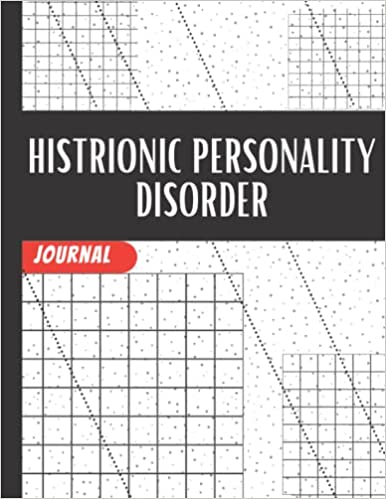Histrionic Personality Disorder
Histrionic personality disorder (HPD) is defined by the American Psychiatric Association as a personality disorder characterized by a pattern of excessive attention-seeking behaviors, usually beginning in early childhood, including inappropriate seduction and an excessive desire for approval.
Cluster Number:
Wiki Number: W094
Diagnosis: Histrionic Personality Disorder
US Patients: 2-3%
World Patients :
Sex Ratio: M; W3
Age Onset: Age 15
Brain Area: high noreprinephrine, leading to anxiety-proneness, dependency, high sociability;
Symptoms: excessive attention-seeking and desire for approval; high-functioning, manipulative social skills; with failures, depressed
Progression: must be center of attention; marital instability due to seeking attention from others besides spouse
Causes: 67% hereditary
Medications: antidepressants
Therapies: The concept is historical and Freudian.
Youtube Video: What is Histrionic Personality Disorder?
Amazon or Library Book: Histrionic Personality Disorder Journal
Click the book to link or order from Amazon.

